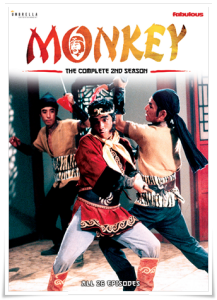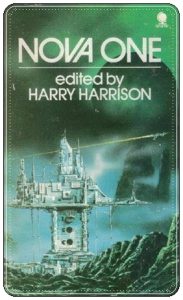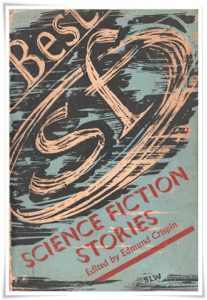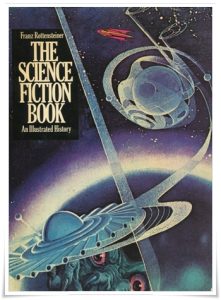Monkey, Series 2
(Nippon, 1979-1980)
Half the episodes were adapted into English only for the 2004 DVD release, the step-down in quality highlighting the sublime mastery of David Weir’s original work. The second-string opening and closing themes are spirit-dampening missteps (though ‘Holy and Bright’ has its charms).









